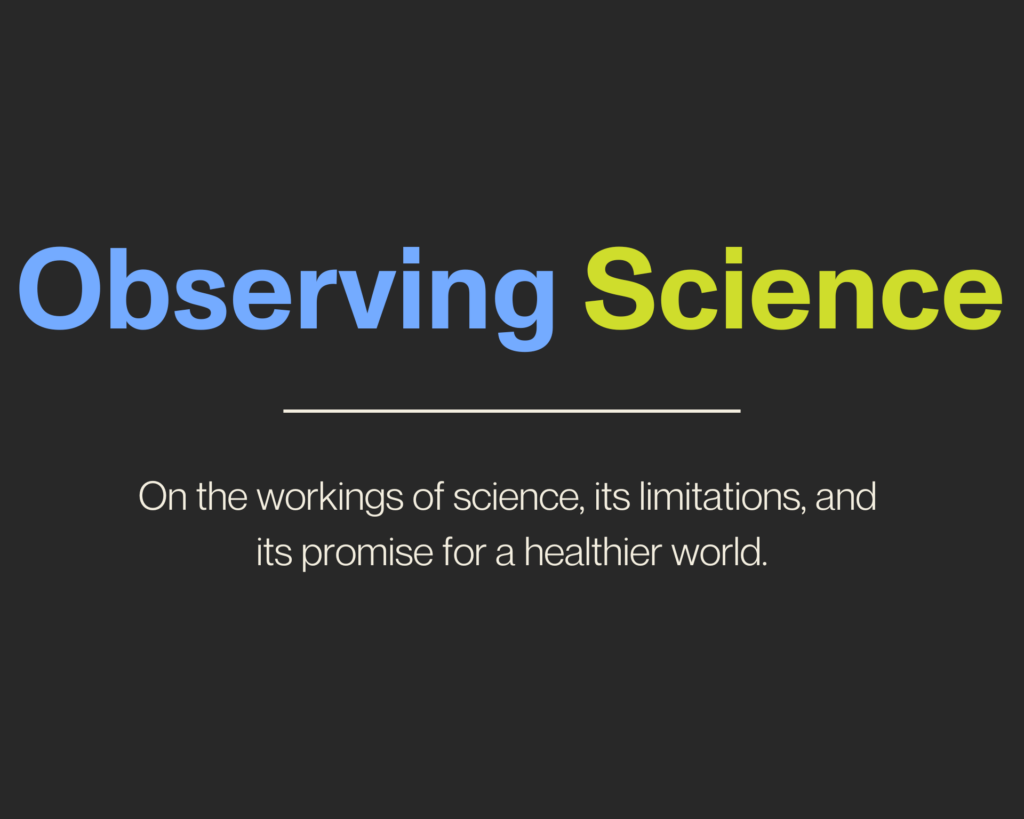When a Pill Isn’t Best for What Ails You
De-implementing potentially harmful or rarely needed medical practices, devices, and medications benefits all of us, our families, and our communities.

Read Time: 5 minutes
Published:
Imagine you have a dog, Champ, who chews the furniture while you’re at work. A friend tells you he had a similar issue with his pet. He gave his dog a pill that makes it lethargic and keeps the furniture intact, though the pill wasn’t originally intended for this purpose. You decide to try this with Champ. Now you come home to a sleeping dog and an undamaged house. You notice Champ remains drowsy after taking the pill and sometimes stumbles. But you continue because it’s convenient and it seems effective.
During a routine visit, your veterinarian points out the pill increases Champ’s risk of stroke. She recommends you stop giving it and instead investigate the root causes of the chewing. Is Champ bored, anxious, in pain, or lonely? Addressing the behavior at its root, the vet argues, will make Champ a happier dog and eliminate the possibility of harmful medication side effects. You agree with this plan, but, in your busy life, you find yourself pushing the time-consuming investigation off. Day after day, you continue to give Champ the pill. Welcome to the conundrum of de-implementation.
Stopping these types of low-value or potentially harmful medical practices, devices, or medications is known as de-implementation or de-adoption. De-implementation is the abandonment of outmoded or disproven clinical practice. This includes ceasing to provide medical services shown to do more harm than good, as well as stopping interventions that are no longer necessary. Although what is bad in general may be beneficial to a small subset of patients, many aspects of healthcare are afflicted with commonly practiced procedures that are not supported by evidence, which patients and physicians should question.
In health care, patients and practitioners run up against the challenges of de-implementation daily. In nursing homes, for example, there is a significant problem with the use of anti-psychotic medication. Antipsychotics are overused to address behaviors that are distressing or time-consuming to staff like agitation and aggression. These medications have serious side effects—including death.
Another example is opioid use for pain after surgery. Opioids can be appropriate in a narrow set of circumstances but it is recommended that prescribers should begin with the lowest dose, duration, and quantity. Not following these recommendations has contributed to the opioid epidemic.
Lastly, there is the persistent and far-reaching issue of over prescribing antibiotics. Acute respiratory tract infections are the most common reason for receiving an antibiotic prescription in the US, although most of these infections are viral (not bacterial) in origin and antibiotic prescribing is contraindicated for public health reasons.
Advancing de-implementation is critical, particularly for increasing equitable access to health care, as patient race, ethnicity, and socioeconomic status are all associated with overuse of low-value care.
The Choosing Wisely initiative seeks to advance a national dialogue on avoiding unnecessary and inappropriate medical tests, treatments, and procedures. The campaign’s website has a patient-friendly section where you can search by topic. In order for de-implementation to be successful, patients and clinicians need to work together to choose care that is supported by evidence, free from harm, truly necessary, and not duplicative of other tests or procedures already carried out.
From the Champ example, we know that changing a habit is difficult, even in the face of ample evidence. De-implementation is part of the implementation continuum but it presents challenges both similar to and different from implementation because of the unlearning that must occur when individuals and organizations discontinue existing ineffective practices. De-implementing Champ’s medication demands that we consider what Champ might actually need from us and the set of answers might involve some hard work without a clear or tidy resolution.
Stopping potentially harmful or rarely needed medical practices, devices, and medications benefits all of us, our families, and our communities. Figuring out what to stop is an ongoing research endeavor. A 2015 scoping review underscores the importance of addressing de-implementation as multi-dimensional, not something that can be addressed by simply asking people to stop a given practice. Advancing de-implementation is critical, particularly for increasing equitable access to health care, as patient race, ethnicity, and socioeconomic status are all associated with overuse of low-value care.
Asking questions in our own lives is the first step. Is this test necessary? What’s the value of taking this pill? How does that suggestion benefit me? As with Champ, de-implementation begins with all of us remembering that a pill (or test or device) may not always be the best answer for what ails us. Sometimes the best care involves letting go.
Photo by Ankush Minda on Unsplash



